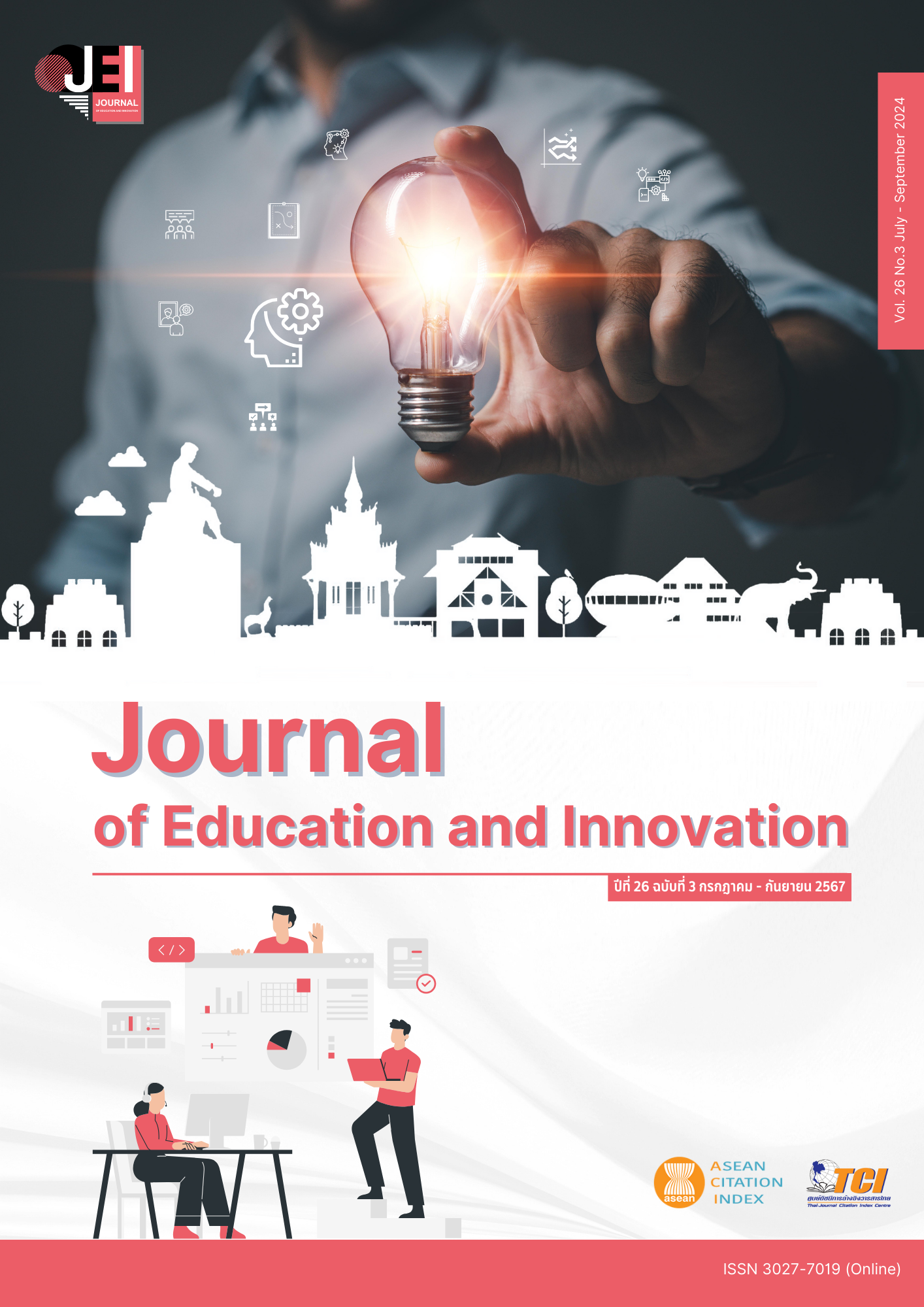RESEARCH CAPABILITY OF SENIOR HIGH SCHOOL STUDENTS: TEACHER’S EVALUATION VS. STUDENT’S SELF-ASSESSMENT
Main Article Content
Abstract
This study examined and compared the research capability of senior high school students as assessed by their teachers and as self-assessed by the students themselves. The purpose of this study is to assess the level of agreement or discrepancy between the teacher evaluations and student self-assessments regarding the research capabilities of senior high school students in terms of the research background, problem and hypothesis, research design and methods, and report research. A descriptive research design was utilized using a researcher-made survey questionnaire that undergone validity and reliability. Data was gathered from 277 students and 20 teachers in public schools. Gathered data were systematically treated and analyzed using descriptive and inferential statistics. Results revealed that the research capability of senior high students is generally less competent. There was no statistically significant difference in the assessment between students and teachers, which suggests that teachers' evaluation of their students' research capability coincides with the students' self-assessment.
Article Details

This work is licensed under a Creative Commons Attribution-NonCommercial-NoDerivatives 4.0 International License.
The owner of the article does not copy or violate any of its copyright. If any copyright infringement occurs or prosecution, in any case, the Editorial Board is not involved in all the rights to the owner of the article to be performed.
References
Agatep, J. L. E., & Villalobos, R. N. (2020). Research capabilities among selected graduate school students in Philippines. Science Insights Education Frontiers, 6(2), 691-705. DOI: 10.15354/sief.20.or037
Akyürek, E., & Afacan, Ö. (2018). Problems Encountered during the Scientific Research Process in Graduate Education: The Institute of Educational Sciences. Higher Education Studies, 8(2), 47-57. DOI: 10.5539/hes.v8n2p47
Al-Assaf, Y. (2020). The Significance of Research in Solving Real-World Problem. Retrieved from https://www.highereducationdigest.com/the-significance-of-research-in-solving-real-world-problems/
Aryani, E., Zahed Bablan, A., Moeinikia, M., & Khaleghkhah, A. (2015). The role of virtual social networks in the research capabilities of postgraduate students. Interdisciplinary Journal of Virtual Learning in Medical Sciences, 6(2), 26-39.
Bago, A. L. (2016). Thesis Writing with Confidence. Quezon City: C & E Publishing.
Ciocon, J. (2018). Research capability of grade 12 students. International Journal of Thesis Projects and Dissertations, 6(3), 23-30. Retrieved from https://www.researchpublish.com/upload/book/RESEARCH%20CAPABILITY-6175.pdf
Dunn, M., Harrison, L. J., & Coombe, K. (2008). In good hands: Preparing research-skilled graduates for the early childhood profession. Teaching and Teacher Education, 24(3), 703-714. DOI: 10.1016/j.tate.2007.09.002
Estacio, L. C., Barcelona, A. B., & Mejia, I. P. (2018). Research Capabilities of Senior High School Students. International Conference on Community Development, 1(1), 370-377.
Faltado III, Bombita, M. B., Boholano, H. B., Pogoy, A. M. (2016). Practical Research 2 (Quantitative Research for SHS. Quezon City: Lorimar Publishing.
Formeloza, R., & Pateña, A. D. (2013). Research capability of the maritime faculty members and senior students in Lyceum international maritime academy. International Journal of Physical and Social Sciences, 3(9), 275-288.
Gallos, B. (2017). Senior high school students’ attitudes towards research. Available at SSRN 3263496.
Ghauri, P., Grønhaug, K., & Strange, R. (2020). Research methods in business studies. Cambridge University Press.
Hughes, G. (2019). Developing student research capability for a ‘post-truth’world: Three challenges for integrating research across taught programmes. Teaching in Higher Education, 24(3), 394-411. DOI: 10.1080/13562517.2018.1541173
Ismail, R., & Meerah, T. S. M. (2012). Evaluating the research competencies of doctoral students. Procedia-Social and Behavioral Sciences, 59, 244-247. DOI: 10.1016/j.sbspro.2012.09.271
Manongsong, M. J. G., & Panopio, E. (2018). Dentistry faculty members’ research competencies and attitude towards research engagement. Asia Pacific Journal of Education, Arts and Sciences, 5(3), 13-19.
Monro, T. (2017). Research does solve real-world problems: experts must work together to make it happen. Retrieved from https://theconversation.com/research-does-solve-real-world-problems-experts-must-work-together-to-make-it-happen-42824
Rahi, S. (2017) Research design and methods: A systematic review of research paradigms, sampling issues and instruments development. International Journal of Economics & Management Science, 6(2), 1-5. DOI: 10.4172/2162-6359.1000403
Roxas, M. J. (2020). Attitudes of Senior High School Students Towards Research: An Exploratory Study. Philippine Journal of Arts, Sciences, and Technology, 3, 6-10. DOI: 10.2139/ssrn.3583225
Sadler, D. R. (2010). Beyond feedback: Developing student capability in complex appraisal. Assessment & evaluation in higher education, 35(5), 535-550. DOI: 10.1080/02602930903541015
Safari, Y., Navazeshkhah, F., Azizi, M., Ziaei, M., & Sharafi, K. (2015). The effective factors on the postgraduate students’ interest and participation in performing research activities-case study: Kermanshah University of Medical Science. Future of Medical Education Journal, 5(2), 3-9. DOI: 10.22038/FMEJ.2015.4454
Salom, M. D. (2013). Research capability of the faculty members of DMMMSU Mid La Union Campus. International Scientific Research Journal, 5(2), 45-55.
Santos, J. M. (2019). Assessing the research capability of senior high school students of a government laboratory high school. International Journal of English and Education, 8(2), 251-262.
Zarah, L. (2022). 7 Reasons Why Research Is Important. Retrieved from https://owlcation.com/academia/Why-Research-is-Important-Within-and-Beyond-the-Academe


